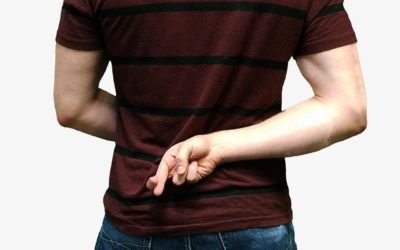
If your company conducts pre-employment or random drug testing, First Choice operates a full-service clinic conveniently located in south Little Rock. We also offer pre-employment physicals and background checks so that you can make smart hiring decisions. We offer discreet and confidential testing services and offer most of our lab testing services during business hours without an appointment. You’ll get the quickest possible turnaround time on all testing results, and we have a Medical Review Officer (MRO) on staff to verify their accuracy.


